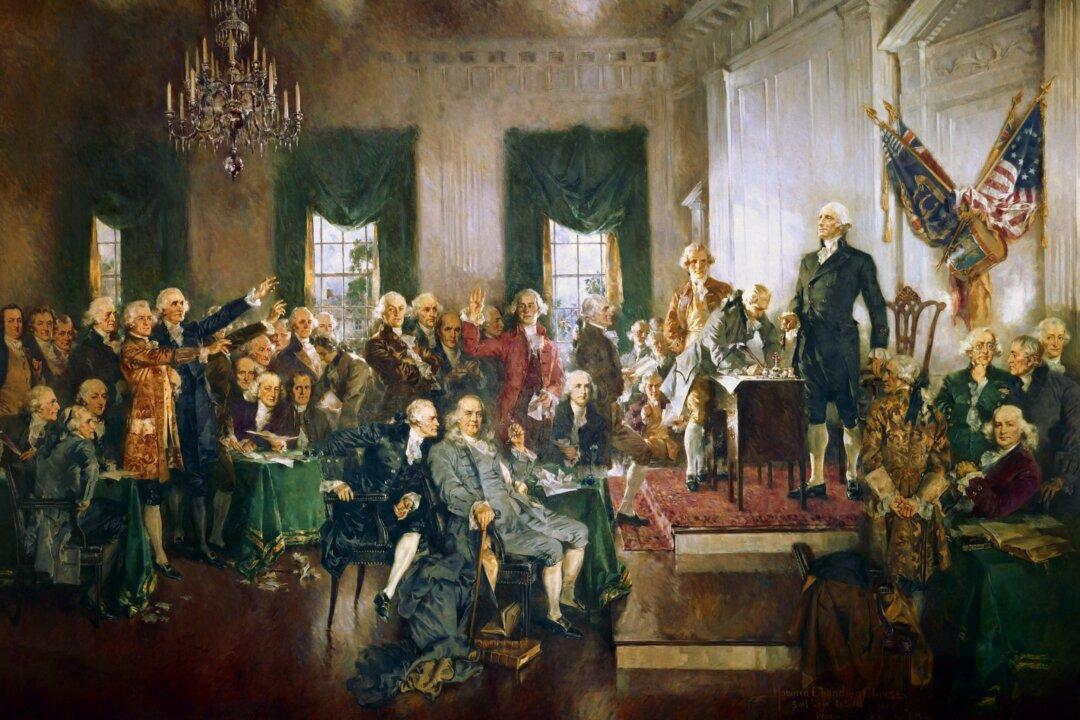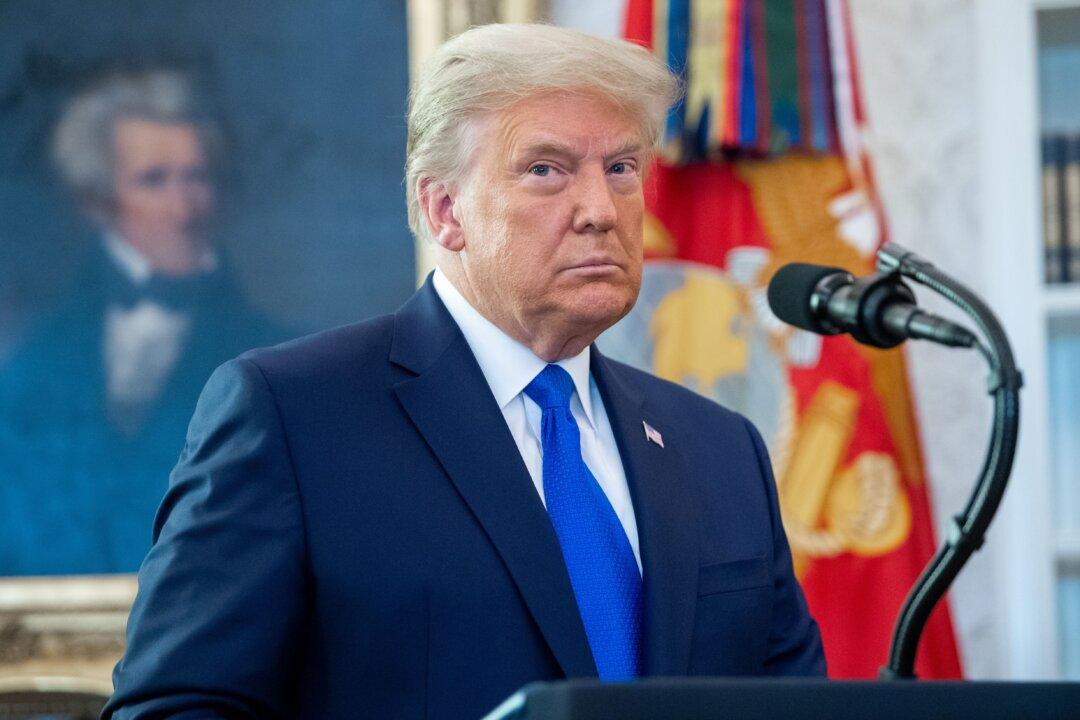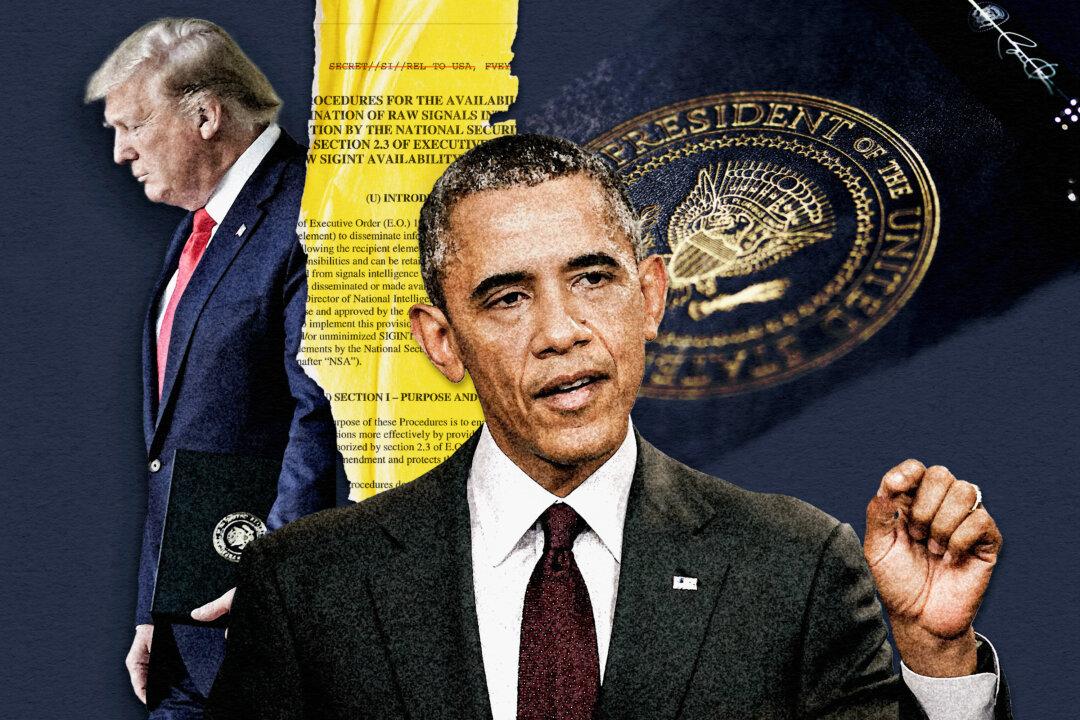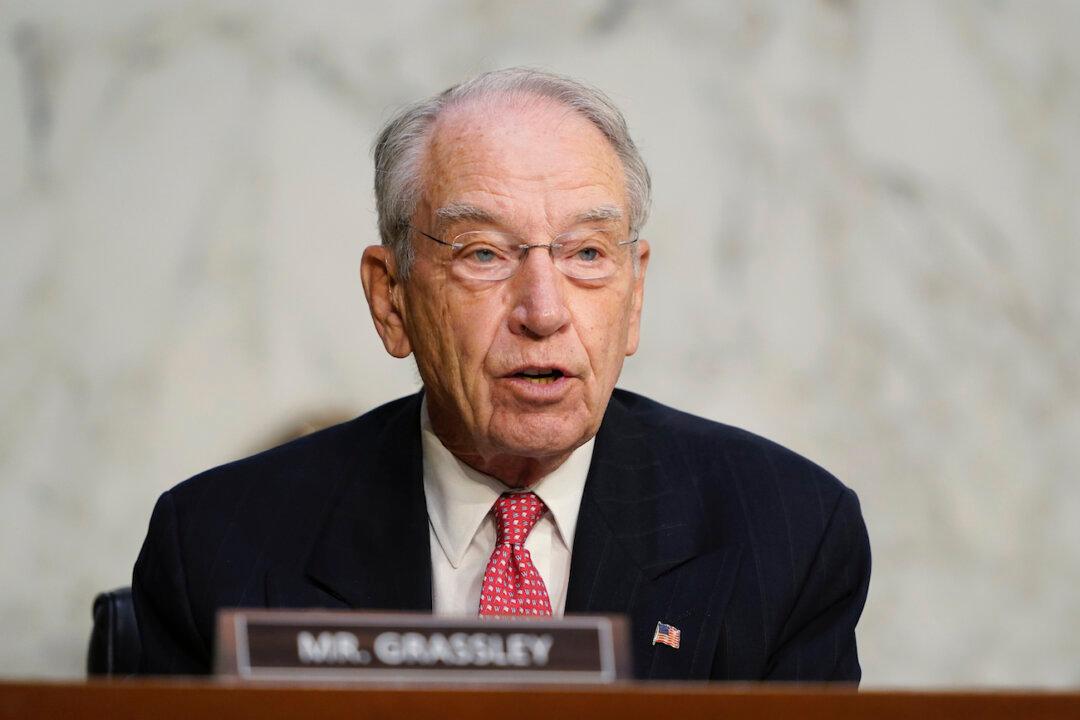We were gifted the greatest of documents so many years ago when our Founding Fathers created the Constitution of the United States.
A mere 4,400 words long—7,600, including the amendments—and just four simple pages, it’s the oldest—and shortest—written constitution in the world.





